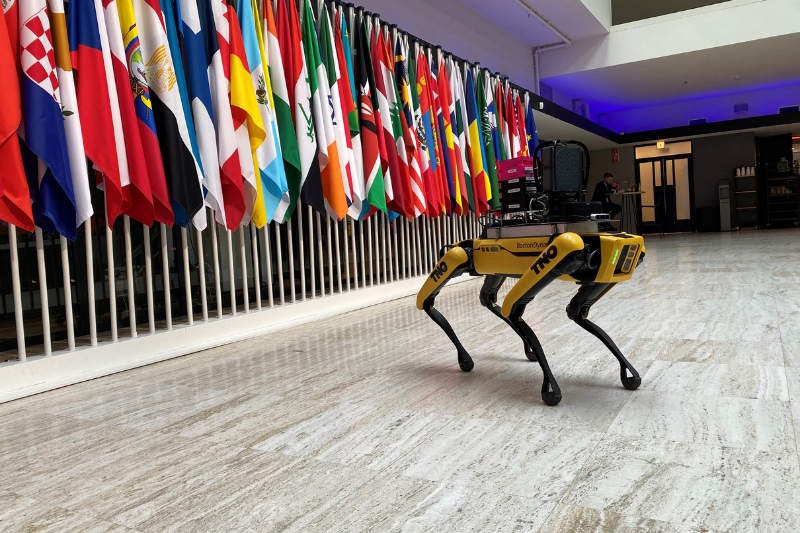Stirring Concerns in Military Cooperation
The United States has taken a proactive stance in mobilizing East African nations to endorse its vision of regulating artificial intelligence (AI) in military applications. This endeavor, encapsulated in the “Political Declaration on Responsible Military Use of Artificial Intelligence and Autonomy,” aims to establish ten points guiding the development, regulation, and constraints of AI in defense. Despite global resonance, the document has garnered limited support from African nations, with only Liberia, Malawi, Morocco, and Libya currently onboard.
US-Led AI Ethical Guidelines
Released on November 9th, the declaration has received backing from fifty countries, yet the minimal African representation underscores regional reservations. Signatories commit to embracing robust and transparent norms guiding AI military applications while ensuring continual dialogue on development, deployment, and prudent utilization.
Keep Reading
Balancing State Sovereignty and Collective Responsibility
The declaration asserts nations’ right to self-defense and their authority in AI military development while aligning with US recommendations. Paul Dean, the United States government’s deputy assistant secretary at the Bureau for Arms Control, Deterrence, and Stability, highlighted the need for a wider coalition to avert potential AI misuse, especially as technological advancements redefine conflicts.
Outreach efforts and regional partnerships
Dean emphasized openness to constructive participation, citing engagements in Ghana, Cameroon, and Nigeria. He emphasized the pivotal role of East African partners’ commitment and urged collective leadership in shaping responsible AI protocols.
Global Debates on AI Ethics
The emergence of AI in military contexts has spurred global discussions on ethical boundaries. The UN Secretary-General, Antonio Guterres, established a task group to draft standards for AI applications, aligning with the US’s initiative. Concerns echo regarding AI’s potential encroachment on human-defined boundaries and privacy, necessitating ethical frameworks.
Emphasizing Responsibility in AI Deployment
Dean stressed the imperative of AI purposefulness in military domains, cautioning against inappropriate integration of AI applications. Washington aims to avoid unintended consequences arising from AI misuse, prioritizing the need for consensus on military AI’s responsible design and deployment.
Advantages and Comprehensive AI Application
Beyond battlefield applications, AI offers strategic advantages for the armed forces. The US seeks to extend the ten-point statement’s applicability beyond warfare scenarios, emphasizing its relevance across diverse AI military applications. The Department of State’s Enterprise Artificial Intelligence Strategy reinforces responsible AI innovation, policy, and ethical infrastructure.
Seeking a collaborative, responsible AI ecosystem
The US asserts a commitment to multilateral engagement and bilateral collaboration to cultivate a responsible AI landscape. The strategy focuses on responsible AI design and user acceptance, urging developers to prioritize ethical AI solutions and users to embrace suitable technologies.
Global Collaboration Toward Ethical AI
Despite limited African signatories, the US endeavors to foster a collective global commitment to responsible AI deployment, advocating for an inclusive and ethical military AI framework.
The initiatives seek to balance technological advancements with ethical considerations, urging nations worldwide to embrace responsible AI practices for military applications.

